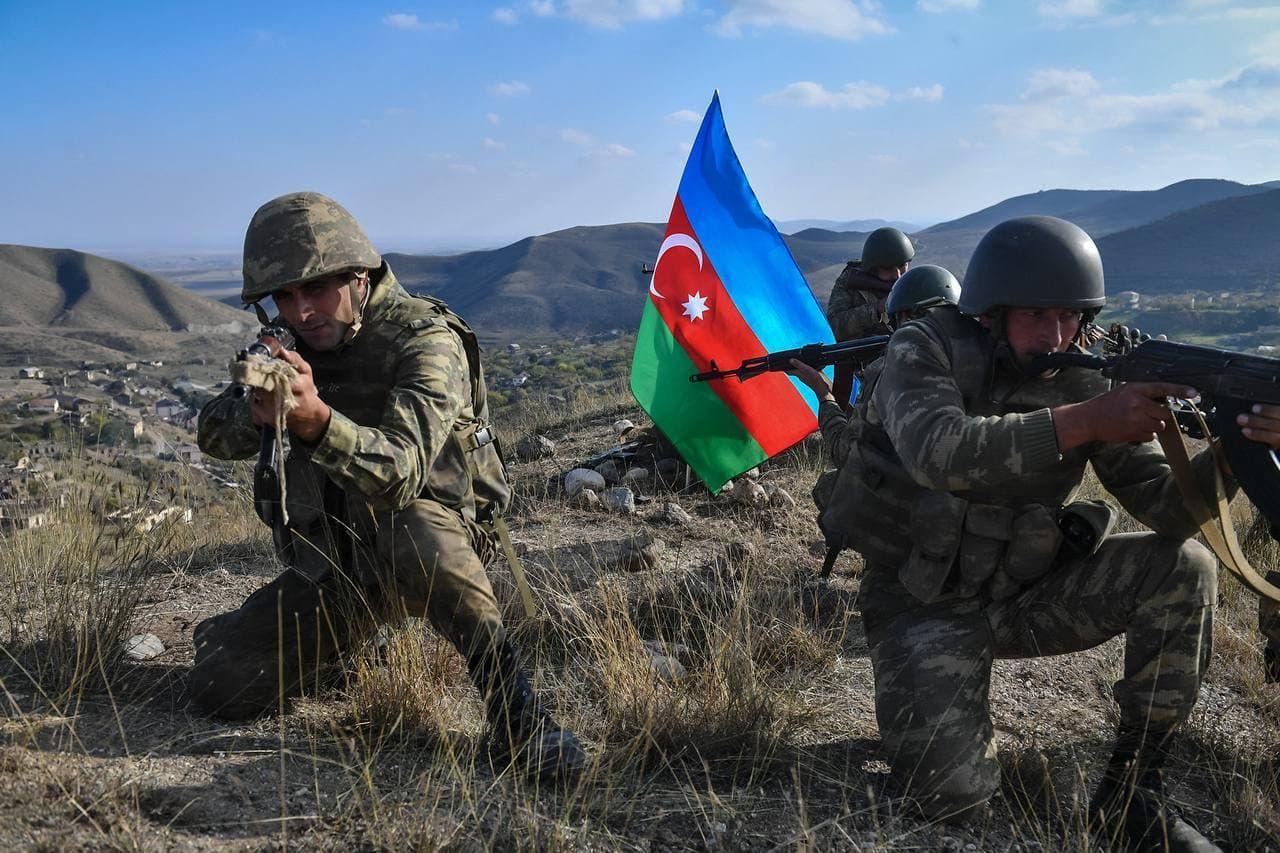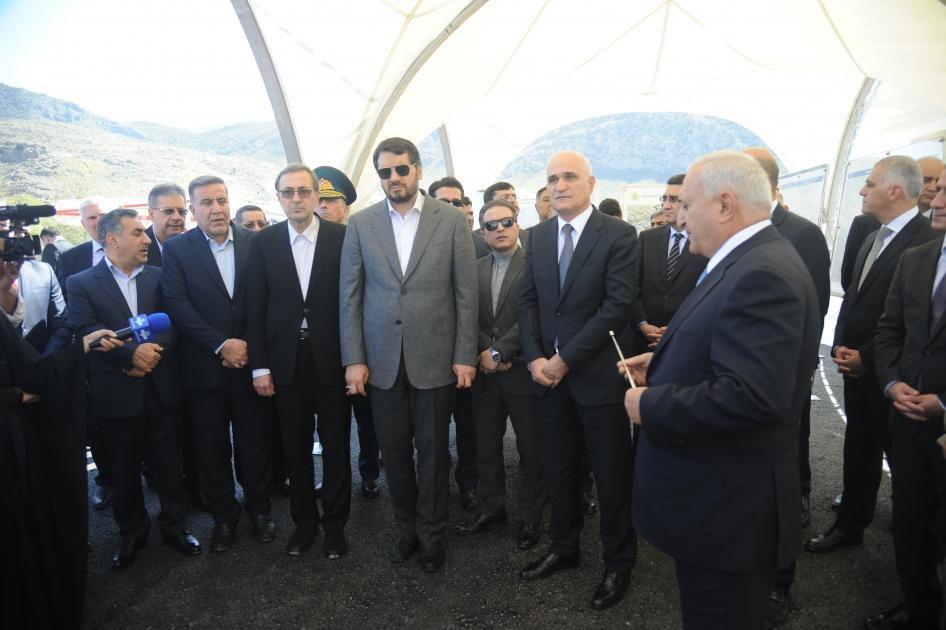Armenia’s stubbornness on constitution affects peace talks Lost economic opportunities
Armenia's refusal to change its constitution could have significant repercussions on ongoing peace negotiations. Amidst tensions with Azerbaijan, Armenian Economy Minister Gevorg Papoyan has firmly stated that constitutional changes will not be made under external pressure, emphasizing that such decisions are strictly internal. This stance raises questions about the potential impacts on peace agreements and regional stability, as both countries navigate their complex political landscape.
Armenian Economy Minister Gevorg Papoyan has addressed the ongoing negotiations in a recent press briefing, noting that Armenia has its own agenda, and discussions are continuing.
“I’ve reviewed the latest update from the Foreign Ministry, which highlighted that one of the major points on our agenda has been settled through a bilateral agreement. I believe this is a very important moment for the continuation of our negotiations," he noted.
Regarding the question of changing the Constitution of Armenia in response to Azerbaijan's demands, the minister stated that any changes to Armenia’s Constitution can only be made through the decision of the Armenian people.
He asserted that Armenia will not change its Constitution at the demand of any country. Whether Armenia changes its Constitution or not is a matter for the Republic of Armenia and its citizens to decide. This version provides a clear and formal presentation of the minister's statements, reflecting both the importance of the ongoing negotiations and the sovereignty of Armenia in constitutional matters.
Unwarranted stubbornness has never led anyone to good outcomes, and it seems that Mr. Papoyan doesn’t understand that while internal affairs are indeed the prerogative of a sovereign nation, the Constitution of Armenia becomes a concern for others, including Azerbaijan, when it begins to affect Azerbaijan’s vital interests, specifically Azerbaijan’s territorial integrity.
For violating this fundamental principle of international law, Armenia has already been punished. We are closely monitoring not only the revanchist sentiments within Armenian society but also its acquisitions of military equipment. For instance, to assume that Azerbaijan is unaware of Armenia's technical evaluation of Indian missile defense systems like MR-SAM and Akash-NG to see whether they meet the requirements of the Armenian military is naivety.
There should be no balance; the power dynamic must and will always be in Azerbaijan’s favour. Should the situation arise, anything we deem a legitimate target for the Azerbaijani Armed Forces will immediately become a legitimate target. And you already know what the Azerbaijani Armed Forces are capable of, so I wouldn’t advise playing with fire.

It’s a well-established pattern that the losing side needs a peace agreement more than the winning side. The winner can afford to wait—the inevitable will eventually come to pass. As recent history shows, Azerbaijan has a knack for patience. In fact, Azerbaijan is quite good at many things, if anyone hasn’t noticed.
Armenia's choices are limited: either change its constitution for its own benefit and security, or forgo a peace agreement and, consequently, participation in international infrastructure projects. And let's not forget, these projects represent significant financial investments.
As for Armenia's initiative called "Crossroads of Peace"—one must question what crossroads can be discussed without a peace agreement. Let's be clear: Armenia's absence from the broader regional market (beyond just the South Caucasus) suits Azerbaijan.
Has anyone noticed that Azerbaijan has a Memorandum of Understanding with Iran from March 11, 2022, outlining plans for new transport and electrical connections linking mainland Azerbaijan with Nakhchivan across the Araz River and the northwest region of Iran? It seems, once again, Armenia has nothing to do with this.

The main transport corridor in South Caucasus is the Baku-Tbilisi-Kars railway, which connects Azerbaijan with Türkiye via Georgia and extends to Europe, leaving Armenia out of the loop once again. Has Papoyan calculated all the profits Armenia has missed out on due to the war it started with Azerbaijan?
Indeed, all the oil and gas pipelines could have passed through Armenia. This isn’t just about money—though that’s certainly a major factor. Being a transit country elevates one’s status and significance in the eyes of global power centres. Azerbaijan has its own perspective on the Armenian constitution. Therefore, a peace treaty will only be signed after the complete removal of the reference to the Declaration of Independence from its preamble.
Regarding the ongoing revanchist sentiments in Armenia, it’s time to face reality. According to the National Statistical Committee of Armenia, the birth rate in the republic decreased by 7.7 per cent in the first half of 2024 compared to the same period in 2023.
The decline in birth rates in Armenia has been evident since the beginning of this year. During the first half of 2024, there were 15,671 births, compared to 16,985 in the same period of 2023. Additionally, there were 227 cases of stillbirths during this period, which represents a 9.7 per cent increase over the previous year. Overall, from January to June 2024, the country recorded 13,211 deaths, marking a 5.9 per cent rise compared to the same period in 2023. The natural population growth during this period was 2,460 people, which is 45.4 per cent less compared to the same period last year, which is perfect.








